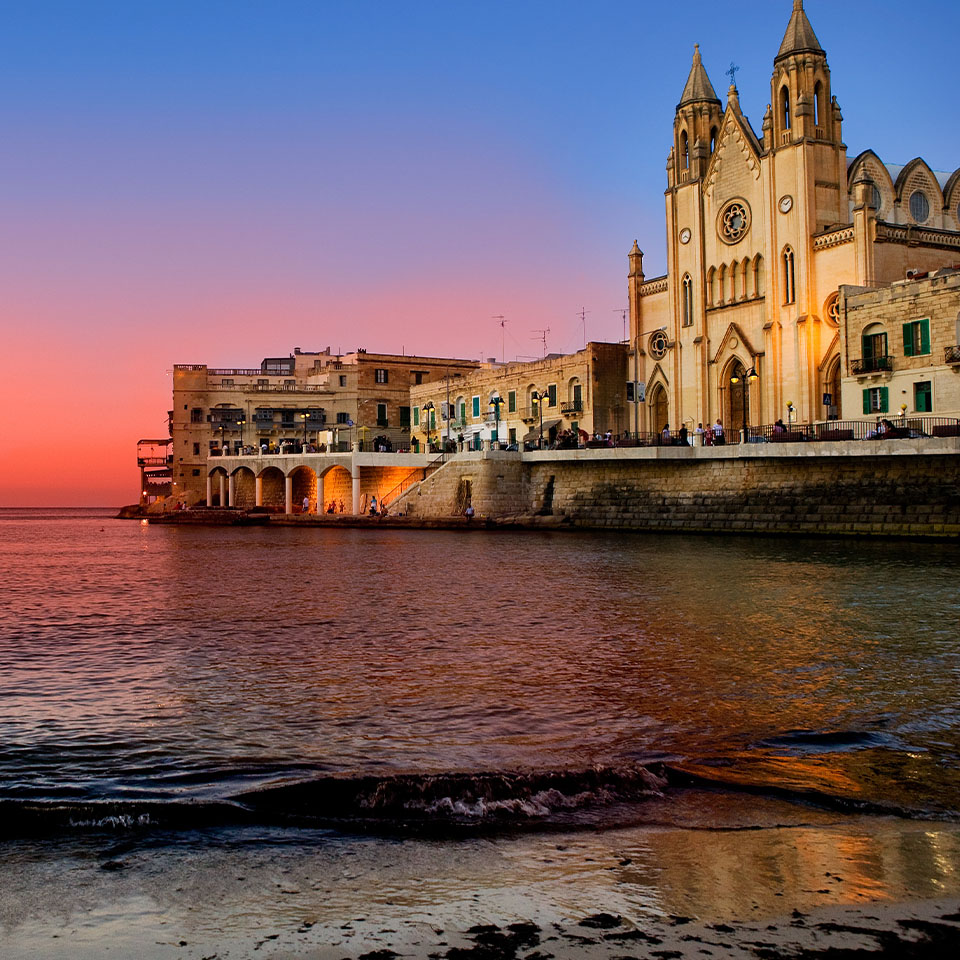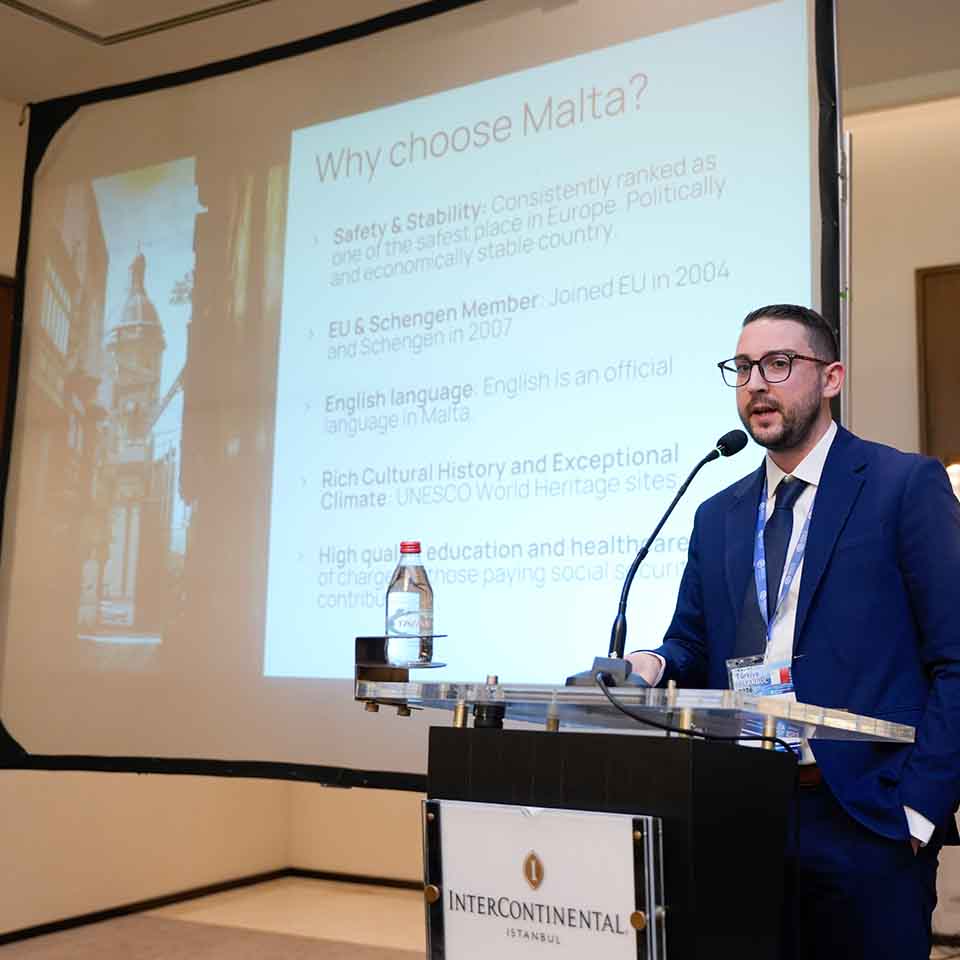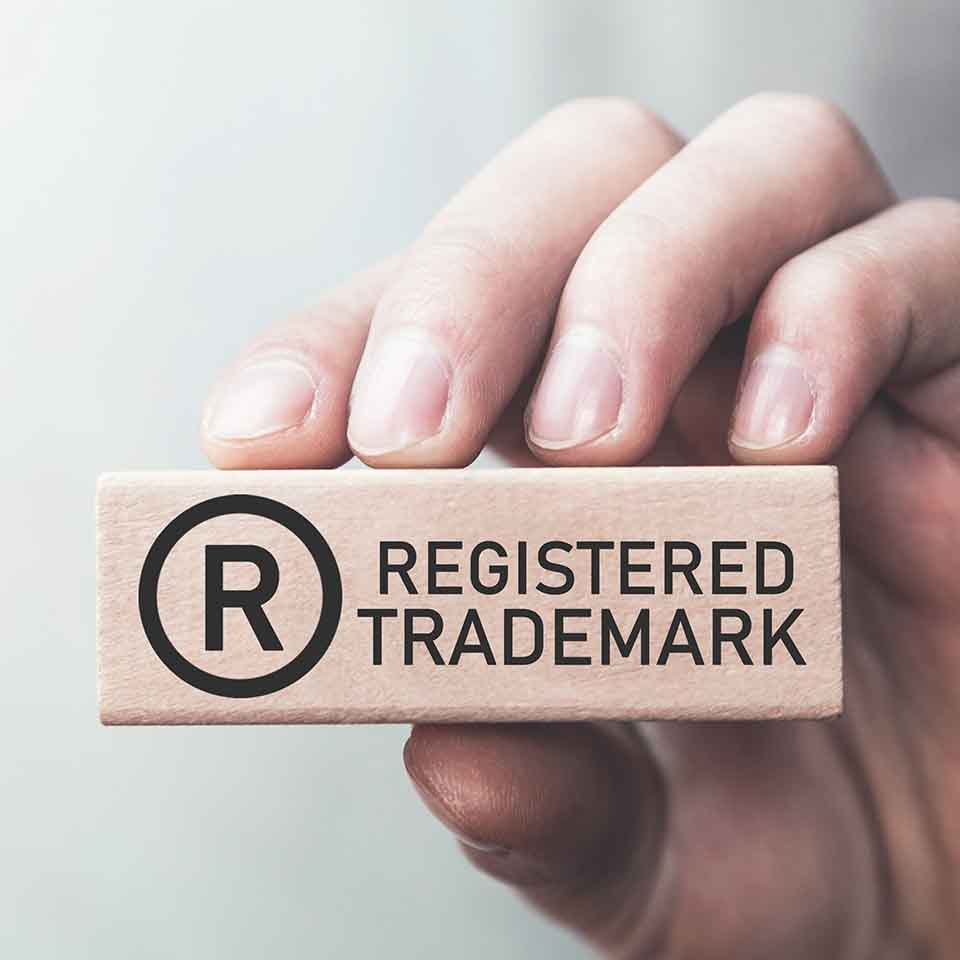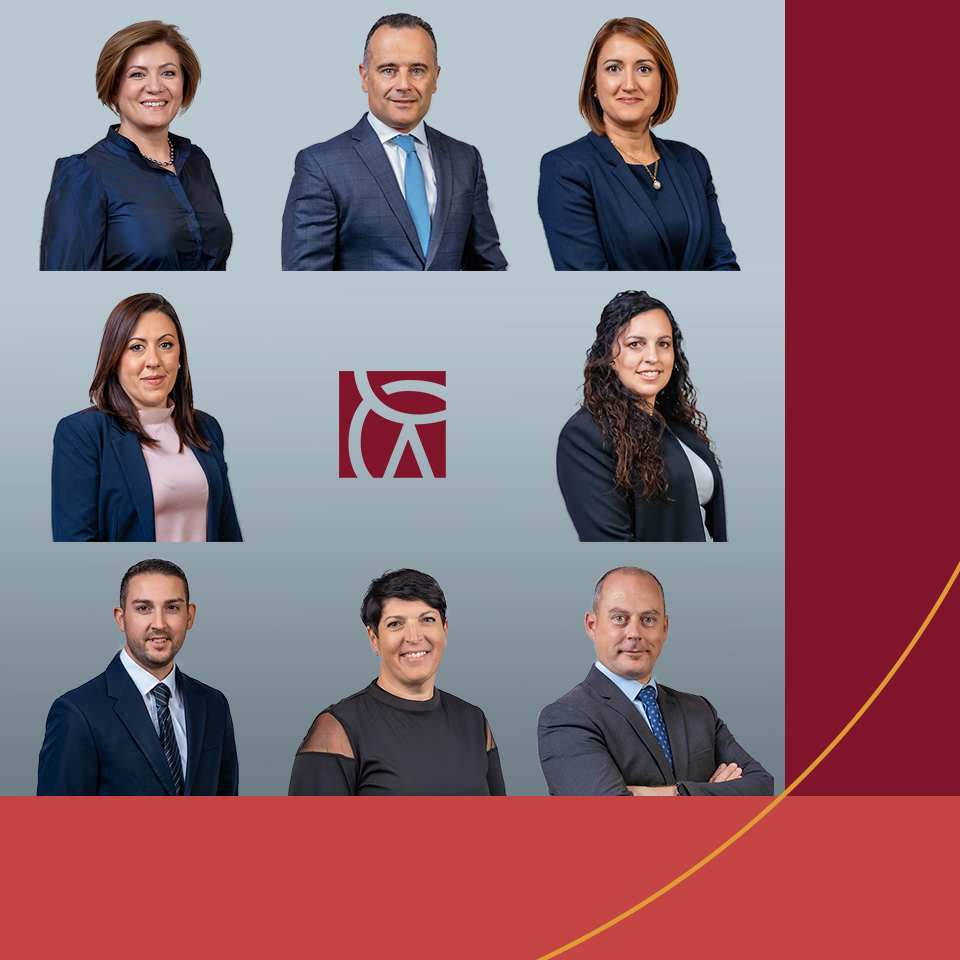Malta's anti-counterfeiting and customs actions are in line with the relevant European Union Regulations and Directives. Primarily Malta is obliged to observe EC Regulation 1383/2003 on Customs Action in respect of goods suspected of infringing an intellectual property right. Besides abiding by this European Regulation, Malta also bestows protection to the right holder in terms of the Intellectual Property Rights (Cross-Border Measures) Act, 2000, (Act VIII of 2000) (the ‘Act’).
In cases where a right holder has reason to believe that counterfeit goods, which are allegedly infringing his intellectual property rights are entering Malta Customs Borders, he would follow the procedure listed under Article 5 of the Act whereby Customs Intervention Application is filed in writing with the Malta Controller of Customs to suspend the release of the goods.
It is important to note that such protection will not be enjoyed in cases where goods bearing trademarks, or protected by patents, copyrights and design rights have been manufactured with the consent of the right holder even though they have been subsequently put into circulation without the consent of the right holder.
Infringing Goods – Which?
Under all Malta anti-counterfeiting and customs actions the term “goods infringing an intellectual property right” (Section 2 of the Act) is defined as encompassing 3 main facets of Intellectual Property Law, namely trademarks, copyright and patents.
- counterfeit goods, including the packaging thereof and any trademark symbol (logo, label, sticker, brochure, instructions for use or guarantee document), bearing without authorization a trademark which is:
- identical to the trademark validly registered in respect of the same type of goods, or
- which cannot be distinguished in its essential aspects from such trademark, and which thereby infringes the rights of the holder of the trademark in question under Maltese law;
- pirated goods, i.e. goods which are or embody copies made without the consent of the holder of the copyright or neighbouring rights, or the holder of a design right, whether registered under national legislation or not, or of a person duly authorized by the holder in the country of production, where the making of those copies, if it had taken place in Malta, would have infringed the right in question under Maltese law; and
- goods infringing a patent under Maltese law,
Infringing Goods – Who?
The law describes a "holder of a right" as the holder of a trademark, a patent or an intellectual property right or any other person authorized to use that trademark, patent or right, or a representative thereof. The holder of a right or any other person authorized to use the right may be represented by a natural or legal person. Such a person shall include a collecting society, which has as its sole or principal purpose the management, or administration of copyright or neighbouring rights.
Infringing Goods – How?
The Process
In order to institute a procedure under the Malta Intellectual Property Rights (Cross-Border Measures) Act, 2000, the holder of a right may lodge an application in writing with the Comptroller of Customs for action by the Customs authorities where goods alleged to infringe intellectual property.The applicant should:
- provide a detailed description of the goods so as to make it clear for Malta Customs to recognize such goods,
- bring proof that the he/she is the holder of the rights in question and
- bring prima facie evidence that such goods infringe the rights of the holder
It is imperative that the applicant provides all the information available regarding the goods in question. Finally the application should indicate the length of the period during which the Malta Comptroller of Customs is requested to take action.
Malta Comptroller of Customs
Under this Customs Cross Border Measures procedure, and consequent to receiving such application, the Malta Comptroller of Customs will, if satisfied of the contents of the application, suspend the release of the goods or detain them and inform the right holder of its decision. If there is a suspension of release of the goods, Customs would provide the right holder with the required information regarding the consignee, thus the right holder would be able to commence judicial proceedings to safeguard his rights. If the Comptroller of Customs does not receive proof of the commencement of such proceedings within 10 working days from informing the applicant of the suspension of release of the goods, the alleged counterfeit goods will be released.
The Outcome
Following judicial proceedings, the Court may order the Malta Comptroller of Customs to dispose or destroy the counterfeit goods at the cost of importer, exporter or owner of the goods in question and any other additional measures which effectively deprive the consignee of the economic benefits of the transaction.
It is highly advisable that by way of prevention, right holders lodge such application with customs even though they might have no immediate suspicion of counterfeit goods entering Maltese borders.
Finally, in cases where in the course of checks, Malta Customs intercept goods before an application by the right holder has been lodged, and there exists prima facie evidence that such goods are infringing IP rights, Malta Customs officials may act ex-officio. The procedure is that the Customs official notifies the right holders/representative concerned and release of goods is suspended for 3 working days. Within the prescribed 3 days, the right holder should file an application for action as per Article 5. Again, in this case if the right holder fails to lodge the necessary application, after the 3 day lapse, the goods will be released.
Notwithstanding that Maltese law per se does not provide for the possibility of a private agreement between the right holder and the consignee, in practice private agreements, reached within 20 days from the original date of notification of suspected goods between the right holder and the consignee, are accepted.
Finally, one must keep in mind that the EU Regulation only applies to goods coming from outside the Community. In cases of goods coming from within the Community, the Regulation is not applicable. Moreover, in cases of counterfeit goods entering EU borders via travelers’ personal baggage within the limits of duty-free allowances, the Regulation is also inapplicable.
Our Services
The role of our IP Team is to represent clients in curbing the mass production, importation and sale of pirated goods in Malta. We have been involved in handling all kinds of infringement cases before civil, criminal and administrative tribunals, as well as continuous liaison with Customs Authorities, and we can assist with European and international enforcement.
Our Malta Anti-Counterfeiting and Customs Actions services include:
- Issuance of Cease & Desist letters, if apt
- Management of and integration into international and regional IP enforcement programmes, whether managed by our firm or by other international firms that involve our Malta IP Team in the process
- Establishing and managing customs authorities relationships
- Malta Customs filings of Community applications for action to be adopted against infringing goods
- Civil litigation, negotiations and out-of-court settlements in the name of right-holders and eventual procedures for the destruction of the goods.

























